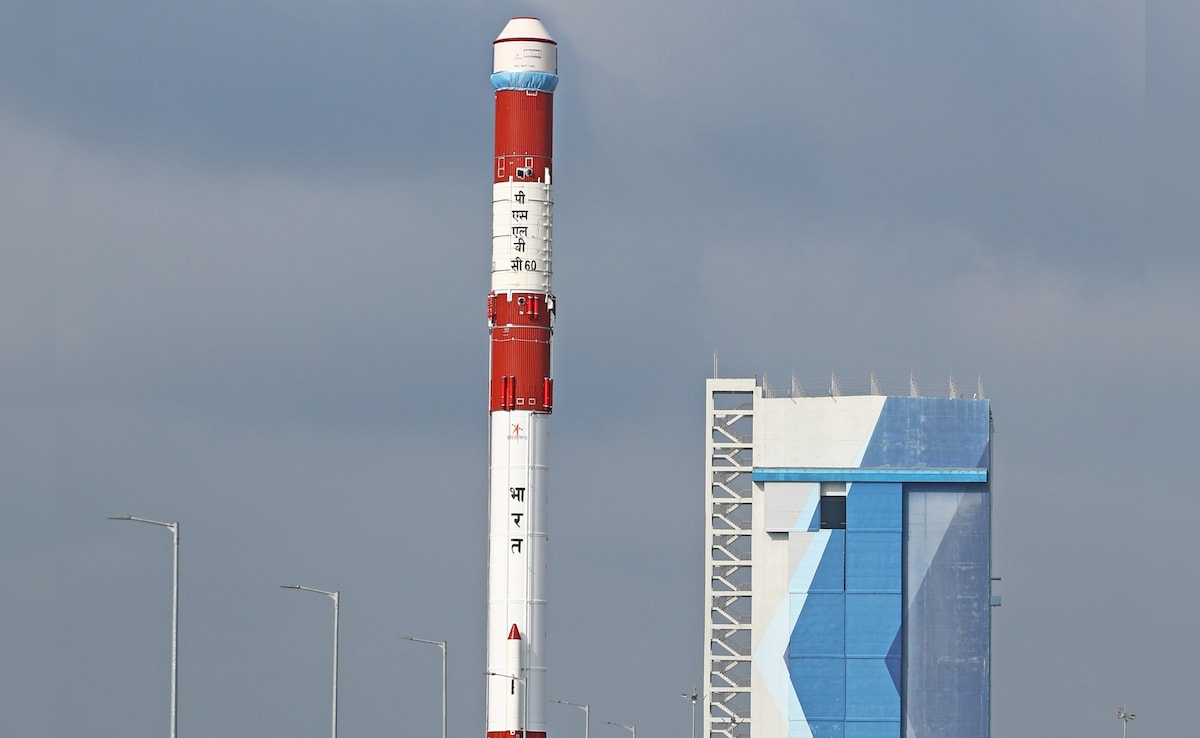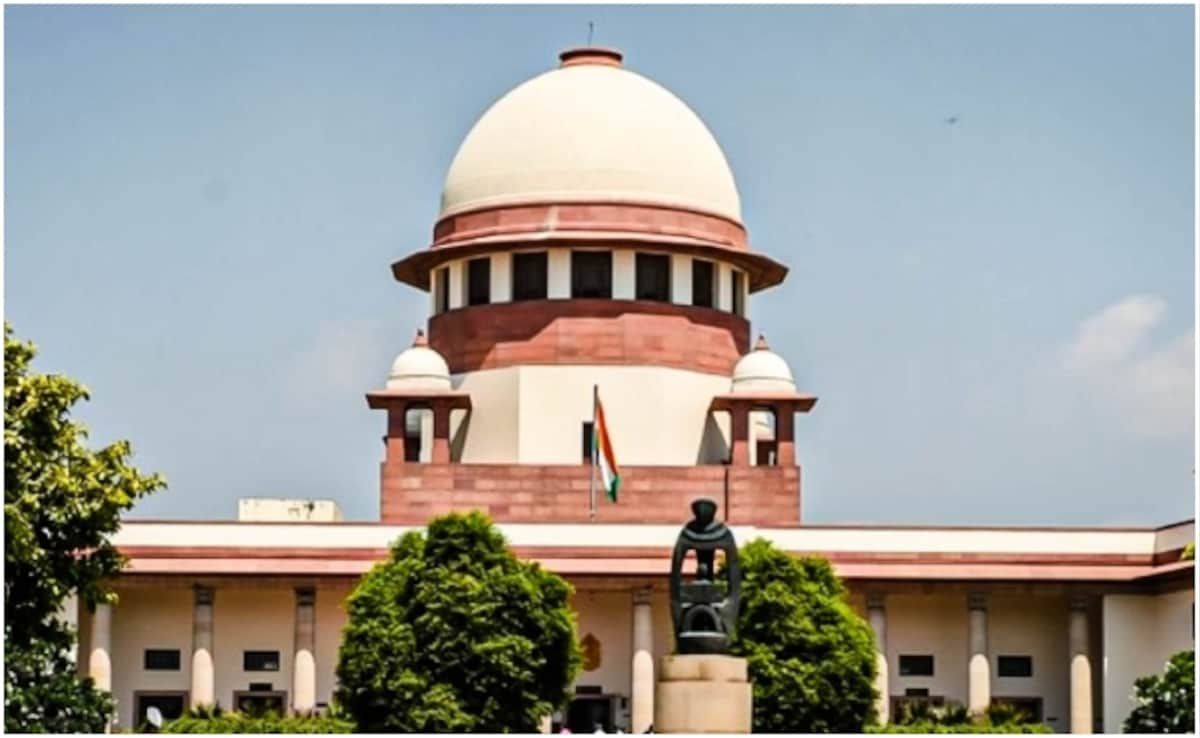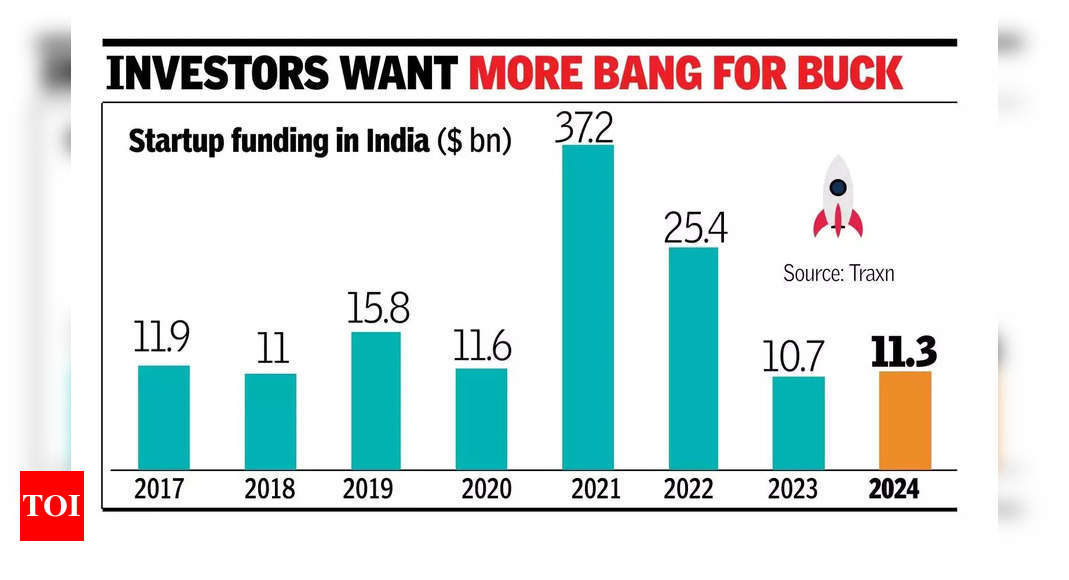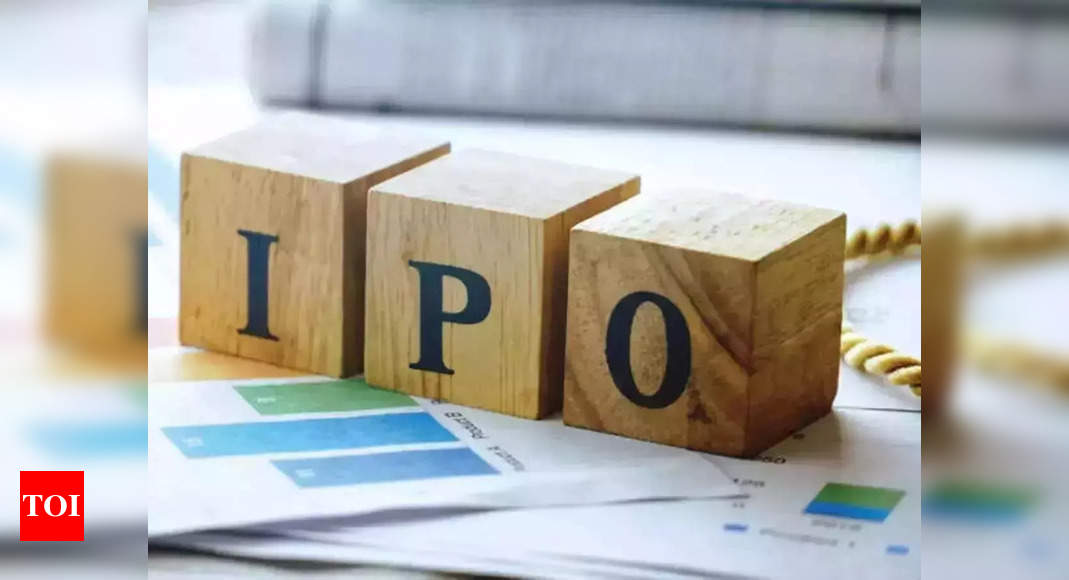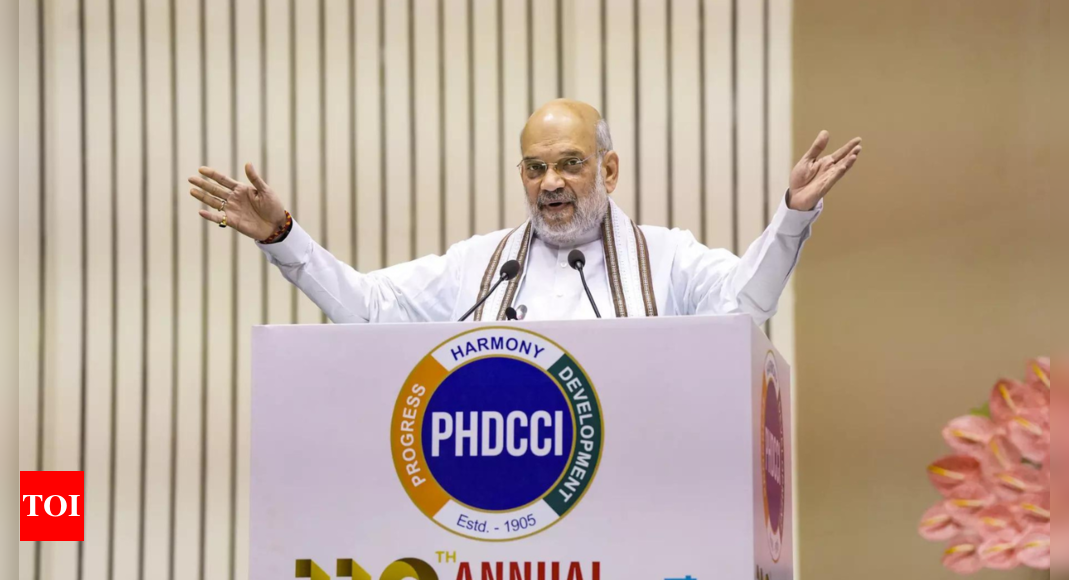
NEW DELHI: Stating that the Narendra Modi government has ended the “policy paralysis” associated with the UPA regime by formulating permanent policies for every sector and bringing in politics of performance over the past 10 years, home minister Amit Shah on Thursday exhorted industries to work towards changing both their size and scale and going global.
Shah, while addressing the 119th annual session of the PHD Chamber of Commerce and Industry (PHDCCI) here based on the theme ‘Viksit Bharat @2047: Marching towards the Peak of Progress’, underlined that when comparing the 10 years of Modi government with the previous 10 years, one can see how India, which used to have double-digit inflation, is now confidently moving towards double-digit growth.He emphasised how India’s global rating has transformed from ‘fragile five’ in 2013 to ‘a bright spot’ of the global economy in 2023.
“Today India has become a preferred destination for manufacturing. In 2021-22, India attracted a record foreign direct investment (FDI) of 85 billion dollars…India accounts for 50% of digital payment transactions globally,” Shah said while also underlining that unlike the years prior to 2014, when scams of over Rs 12 lakh crore were reported, “even our opponents have not been able to accuse us of corruption in the 10 years of Modi government”.
The home minister began his address by paying glowing tributes to industrialist Ratan Tata, who passed away on Wednesday night. Shah said Ratan Tata took charge of the Tata Group at a time when the group needed several changes, and patiently transformed all the businesses of his group and its working ethos. “Tata Group stands as a pole star in India’s industrial landscape. Ratan Tata led his industrial group to a prominent position in the country and globally while adhering to integrity and following all the rules and regulations,” he said. Shah also mentioned how Tata, through his Trust, contributed to building a better society.
Speaking on the Modi government’s policy initiatives, Shah said thanks to the principle of ‘minimum govt, maximum governance’ principle, 2,000 outdated colonial laws had been abolished and 39,000 compliances across various sectors, done away with. Referring to the security environment, Shah said unlike the troubled times during the previous government, terrorism in Kashmir, Left-wing extremism and northeast insurgency “has been buried 200 yards deep into the ground”.
He mentioned that India had risen to the 63rd position from 142nd in the Ease of Doing Business rankings, and tiding over the fragile state of the banking system of the past, witnessed government banks earning a profit of Rs 1.40 lakh crore in 2023-24. “New policies have been introduced in every sector, helping the country move forward,” he stated.
Shah said that apart from bringing a new education policy, which seeks to globalise education while incorporating Indian heritage, initiatives like GST, Digital India, Bharatmala, Sagarmala, PM Gati Shakti and Startup India have propelled the country forward in all directions.
Referring to the various welfare schemes launched for the marginalised sections in the last 10 years, Shah said the Modi government has been providing free food grains to 80 crore people, besides ensuring free housing, toilets, free electricity connections and piped water for crores of Indians. “Today, with 130 crore people engaged in the nation’s development process, our growth rate has surged upward,” he stated.
Shah wound up by saying that Indian industries must now work towards changing both their size and scale. He emphasized the need for companies to go global, saying that to establish India’s dominance worldwide, “our chambers and industries need to make decisive moves”.
The home minister said India, in the next 25 years, will become a global leader in all sectors like manufacturing, the semiconductor industry, electric vehicles, digital economy, while adding that the Modi government has been working sincerely in this direction.


